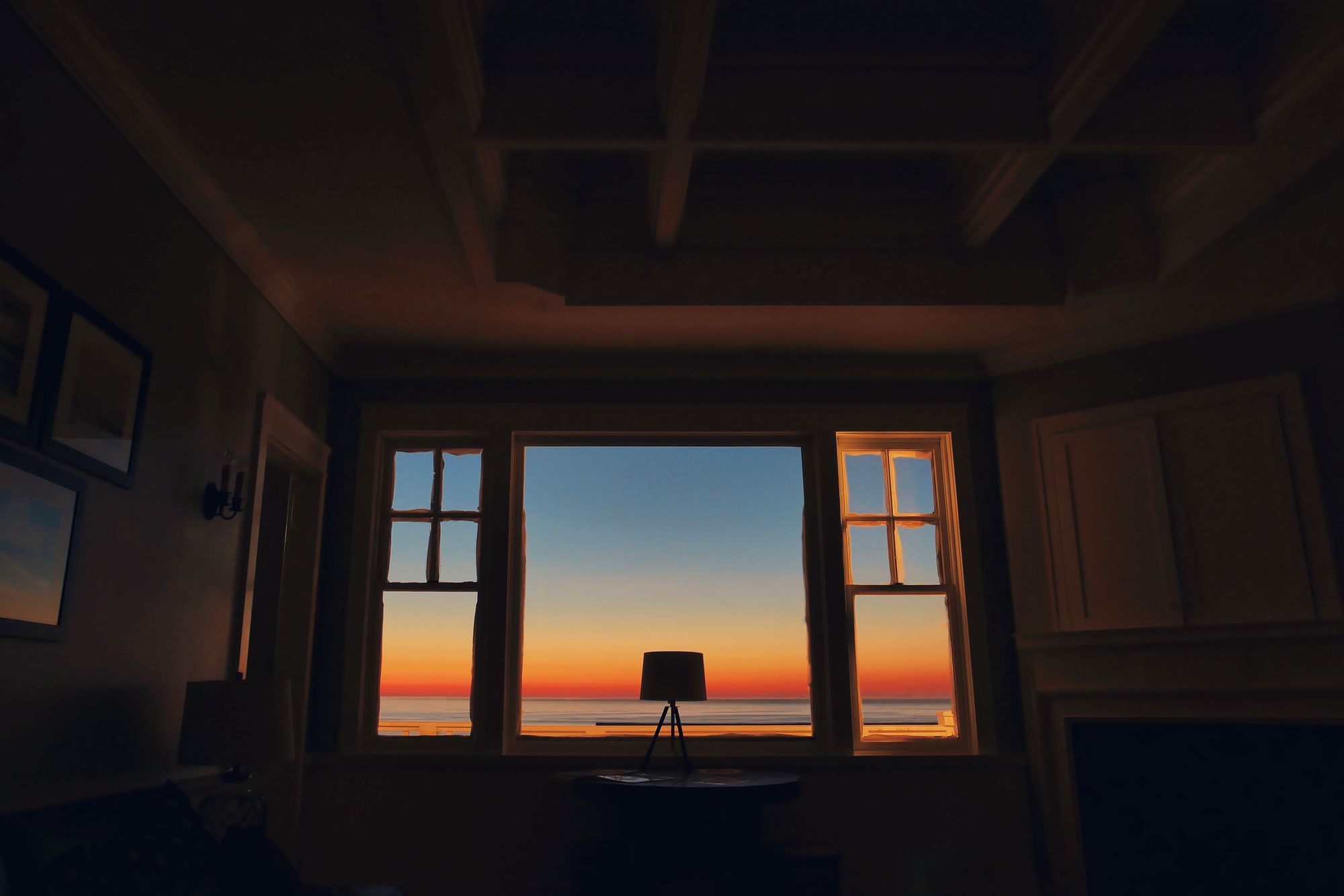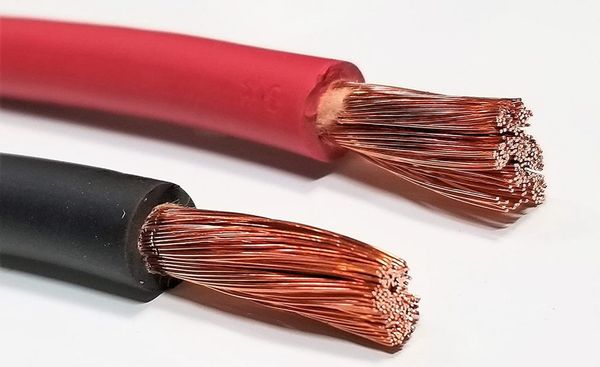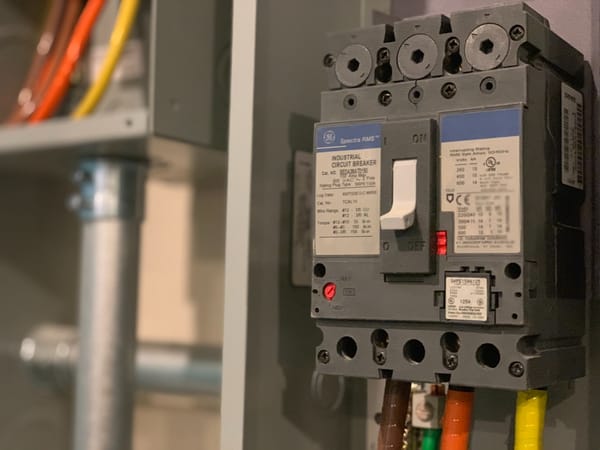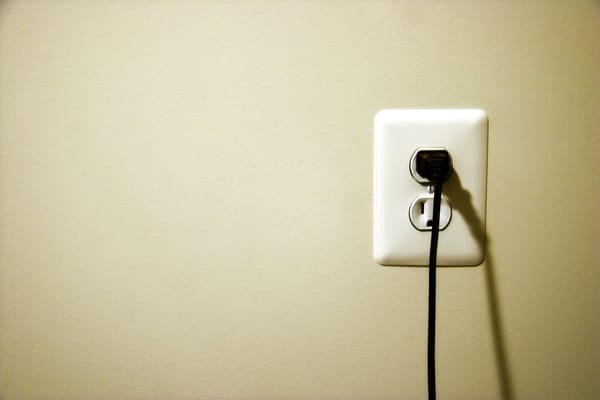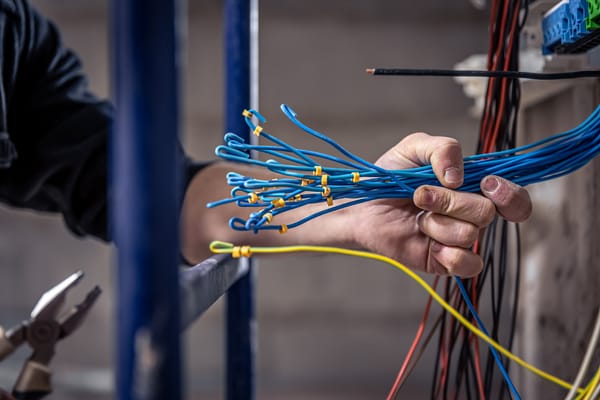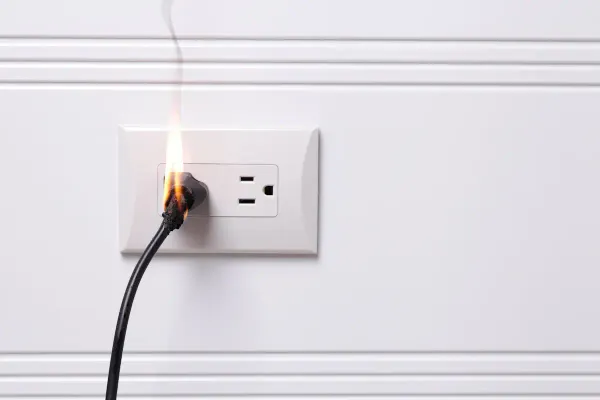If you’re reading this, there’s a good chance that you’ve experienced a blackout during the winter. Sometimes, they only last a short while, but sometimes they can last hours, even as long as a full day. Here, we’re going to look at why they happen more often in the winter, as well as what you should do to either mitigate the problems they cause or prevent them from affecting your home.
Why winter blackouts are more common
In the winter, we’re more likely to see storms, high winds, and more nasty weather, which can bring down things like tree branches, and even trees and telephone poles, which can hit power lines, disrupting them. The extreme cold can affect some of these power systems as well, especially in places where the infrastructure is in dire need of replacement. In winter, more people spend time indoors, using power. This added demand can result in an outage, which is why some places will mandate limits on power use during winter.
Be ready for the cold
The loss of power means your furnace will shut down, and temperatures can start dropping quickly. Make sure that you have blankets and warm clothes at the ready to help you stay warm. If you have an old gas model water heater, you can fill up hot water bottles, as well. On the other hand, make sure you don’t open the fridge or freezer when the power goes out, help them retain their cold temperatures as best as possible.
Get some backup power
Of course, you can avoid many of the issues mentioned here if you’re one of the few homes able to keep the lights on when a blackout strikes. With the help of whole home generators, that’s precisely what you can do. You can supply your home with the power necessary to become self-sufficient off the grid. You still want to be mindful not to be overly wasteful, as running out of fuel will put you back in the dark.
Be mindful of power surges
When the power supply isn’t working properly, it can lead to instability, which can also lead to power surges. These power surges can sometimes fry electronics, so you want to make sure that you unplug and switch off as much as possible after a blackout strikes if you’re able to. You can get things like trail boards with power surge protection in them, as well, if you want to plug in one light or device to serve as an indicator for when the power comes back on.
Know the risks of carbon monoxide
Carbon monoxide is a greater threat during blackouts, often coming from faulty boilers, or generators and grills that are often used to keep the home warm when the power goes out. Make sure your carbon monoxide alarm is working and know the signs of carbon monoxide sickness so that can evacuate the home if necessary.
Blackouts are a fact of life for many of us, and if you’re experiencing them more often than most, then you should take the time to prepare with the tips above.

